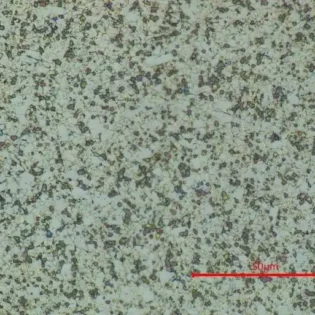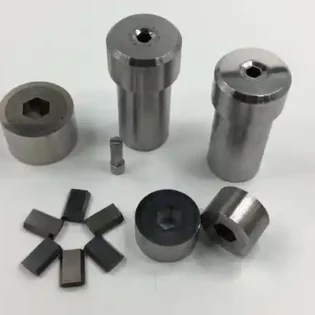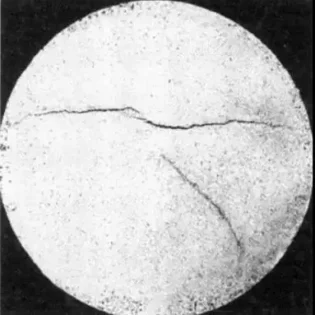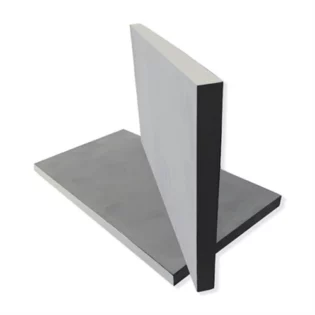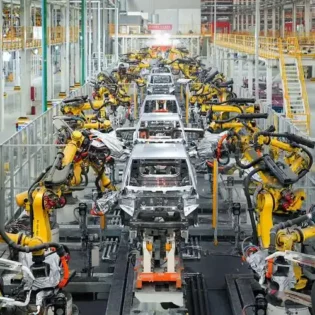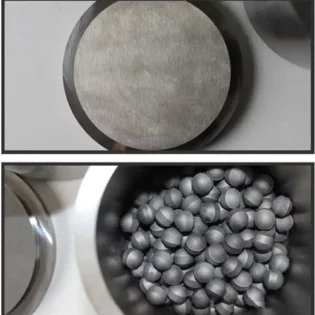Surface treatment is a process of artificially forming a surface layer on the surface of the matrix material which has different mechanical, physical and chemical properties from the matrix.
The purpose of surface treatment is to meet the requirements of corrosion resistance, wear resistance, decoration or other special functions. Our common surface treatment methods are mechanical grinding, chemical treatment, surface heat treatment, spraying surface. Surface treatment is to clean, clean, deburring, degreasing, and descaling of the workpiece surface.
The common surface treatment processes are as follows:
Vacuum plating, electroplating, anodizing, electrolytic polishing, pad printing, zinc plating, powder spraying, water transfer, screen printing, electrophoresis, etc.
——? Vacuum Metalizing? ——
Vacuum electroplating is a physical deposition phenomenon. In other words, argon is injected into the vacuum state, and the argon impacts the target. The target is separated into molecules and adsorbed by conductive goods to form a uniform and smooth metal like surface layer.
Applicable materials:
1. Many materials can be vacuum plated, including metals, hard and soft plastics, composites, ceramics and glass. The most common surface treatment for electroplating is aluminum, followed by silver and copper.
2. Natural materials are not suitable for vacuum plating because the moisture content of natural materials will affect the vacuum environment.
Process cost: in the vacuum electroplating process, the workpiece needs spraying, loading, unloading and re spraying, so the labor cost is quite high, but it also depends on the complexity and quantity of the workpiece. Environmental impact: vacuum electroplating has little environmental pollution, similar to the impact of spraying on the environment.

—— Electropolishing ——
Electropolishing is an electrochemical process in which the atoms immersed in the electrolyte are converted into ions and removed from the surface due to the passage of electric current, so as to achieve the effect of removing fine burrs and increasing the brightness of the workpiece surface.
Applicable materials:
1. Most metals can be electropolished, of which the most commonly used is stainless steel surface polishing (especially for Austenitic nuclear grade stainless steel).
2. Different materials can not be electropolished at the same time, or even placed in the same electrolytic solvent.
Process cost: the whole process of electropolishing is basically completed by automation, so the labor cost is very low. Environmental impact: electropolishing uses less harmful chemicals, which requires a small amount of water and is easy to operate. In addition, it can prolong the properties of stainless steel and delay the corrosion of stainless steel.
?

—— Pad Printing ——
The ability to print characters, graphics and images on the surface of irregular shaped objects is becoming an important special printing.
Applicable materials:
Almost all materials can be used in pad printing process, except for materials that are softer than silicone pads, such as PTFE.
Process cost: low mold cost, low labor cost.
Environmental impact: as this process is limited to soluble ink (which contains harmful chemicals), it has a great impact on the environment.
04. Galvanizing process
—— Galvanizing ——
Zinc coating on the surface of iron and steel alloy materials is a kind of electrochemical protection layer, which can prevent metal from spoilage. The main methods are hot galvanizing and electro galvanizing.
Applicable materials:
As the galvanizing process depends on metallurgical bonding technology, it is only suitable for the surface treatment of steel and iron.
Process cost: no mold cost, short cycle / medium labor cost, because the surface quality of the workpiece largely depends on the manual surface treatment before galvanizing. Environmental impact: as the galvanizing process increases the service life of iron and steel parts by 40-100 years and prevents the rust and decay of the workpiece, it has a positive effect on the protection of the environment. In addition, after the service life of the galvanized workpiece is expired, it can be sent back to the galvanizing bath again, and the repeated utilization of liquid zinc will not produce chemical or physical waste.
?
—— Electroplating ——
The process of attaching a layer of metal film on the surface of parts by electrolysis can prevent metal oxidation, improve wear resistance, electrical conductivity, reflective property, corrosion resistance and beauty. The outer layer of many coins is also electroplated.
Applicable materials:
1. Most metals can be electroplated
But different metals have different levels of purity and plating efficiency. The most common are tin, chromium, nickel, silver, gold and rhodium;
2. The most commonly used plastic for electroplating is ABS.
3. Nickel metal should not be used for electroplating products that contact the skin, because nickel is irritating and toxic to the skin.
There is no tooling cost, but fixture is required to fix parts / time cost depends on temperature and metal type / labor cost (medium high), and depends on the type of specific electroplated parts, such as silver and jewelry electroplating, which requires highly skilled workers because of its high requirements on appearance and durability. Environmental impact: a large number of toxic substances will be used in electroplating In the process, professional diversion and extraction are needed to ensure the minimum environmental impact.
06. Water transfer printing
—— Hydro Transfer Printing ——
It is a way of printing color patterns on transfer paper on the surface of three-dimensional products by using water pressure. With the improvement of product packaging and surface decoration requirements, water transfer printing is more and more widely used.
Applicable materials:
All hard materials are suitable for water transfer printing, and materials suitable for spraying must also be suitable for water transfer printing. The most common are injection molded parts and metal parts.
Process cost: there is no mold cost, but it needs to use the fixture to transfer multiple products at the same time. The time cost generally does not exceed 10 minutes per cycle. Environmental impact: compared with product spraying, water transfer printing fully uses printing coating, reducing the possibility of waste leakage and material waste.
07. Screen printing
—— Screen Printing ——
Through the extrusion of the scraper, the ink is transferred to the substrate through the mesh of the graphic part to form the same picture and text as the original. Screen printing equipment is simple, easy to operate, printing, plate making simple and low cost, strong adaptability.
The common printed materials are: color oil paintings, posters, business cards, binding covers, commodity labels and printing and dyeing textiles, etc.
Applicable materials:
Almost all materials can be screen printed, including paper, plastic, metal, ceramics and glass.
Process cost: mold cost is low, but still depends on the number of colors, because each color has to be made separately. Labor costs are high, especially when it comes to multicolor printing. Environmental impact: light color screen printing ink has little impact on the environment. However, the ink containing PVC and formaldehyde has harmful chemical substances, which needs to be recycled and treated in time to prevent water pollution.
08. Anodizing
——Anodic oxidation – mainly anodization of aluminum, which uses the electrochemical principle to form a layer of Al2O3 (alumina) film on the surface of aluminum and aluminum alloy. This layer of oxide film has special characteristics of protection, decoration, insulation and wear resistance
Applicable materials:
Aluminum, aluminum alloy and other aluminum products
Process cost: in the production process, the consumption of water and electricity is quite large, especially in the oxidation process. The heat consumption of the machine itself needs continuous cooling with circulating water, and the power consumption per ton is often about 1000 degrees. Environmental impact: anodic oxidation is not very good in energy efficiency, and in aluminum electrolysis production, the anode effect will produce gases that cause destructive side effects on the atmospheric ozone layer.

09. Metal wire drawing
—— Metal Wired ——
It is a kind of surface treatment method to form lines on the surface of workpiece by grinding products to achieve decorative effect. According to the different patterns after drawing, it can be divided into: straight line drawing, random drawing, ripple drawing and rotary pattern
Applicable materials: almost all metal materials can use metal drawing process
Process cost: the process method is simple, the equipment is simple, the material consumption is very little, the cost is relatively low, the economic benefit is high, the environmental impact: the pure metal product, the surface does not have the paint and any chemical substance, the 600 degree high temperature does not burn, does not produce the toxic gas, compound fire protection environmental protection request

? 10. In mold decoration
——In mold decoration IMD is a forming method in which the printed diaphragm is put into the metal mold, and the resin used for forming is injected into the metal mold to join with the diaphragm, so that the printed diaphragm and resin form an integral whole and solidify into a finished product.
Applicable material: plastic surface
Process cost: only need to open a set of mold, can reduce cost and man hour, high automation production, process simplification, once injection molding method, molding and decoration can be achieved at the same time. Environmental impact: the technology is green and environment-friendly, avoiding the pollution caused by traditional spray painting and electroplating

